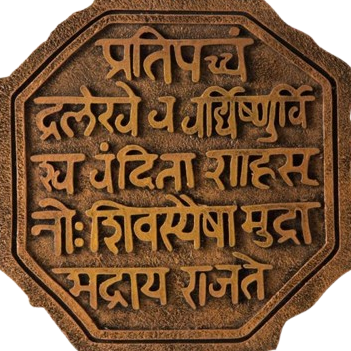
Top 20 Japanese Slang Words You’ll Hear in Real Conversations
.
When you begin your journey to learn Japanese online, you’re usually introduced to polite phrases like “おはようございます (ohayou gozaimasu)” or “ありがとうございます (arigatou gozaimasu).” But here’s the real deal — step into everyday life in Japan and you’ll quickly hear a different language: Japanese slang!
At The Language Skool (TLS), we believe language learning should be practical, fun, and culture-rich. That’s why our Japanese courses go beyond textbooks and teach you the words native speakers actually use.
Ready to sound fluent and natural? Let’s dive into the top 20 Japanese slang words you’ll hear in real conversations — and yes, you’ll start using them right after this!
1. ヤバい (Yabai)
One of the most flexible slang words, yabai can mean “cool,” “awesome,” “dangerous,” or even “oh no!”
Example: このラーメン、ヤバいくらい美味しい!(This ramen is insanely good!)
2. マジ (Maji)
Short for majime ni, meaning “seriously” or “for real.”
Example: マジで?信じられない! (Seriously? I can’t believe it!)
3. ウザい (Uzai)
This describes someone or something annoying.
Example: あの広告、ほんとウザい。 (That ad is really annoying.)
4. キモい (Kimoi)
Shortened from kimochi warui, it means “gross” or “creepy.”
Example: あの虫、キモいー! (That bug is gross!)
5. ダサい (Dasai)
Used to call something unfashionable or lame.
Example: この靴、ちょっとダサくない? (Aren’t these shoes kinda lame?)
6. イケメン (Ikemen)
Literally “cool face” — a hot guy!
Example: あの先生、イケメンすぎる! (That teacher is way too good-looking!)
7. チャラい (Charai)
Refers to someone flashy, flirtatious, or superficial.
Example: 彼ってチャラく見えるけど、意外と真面目だよ。 (He looks like a playboy, but he’s actually serious.)
8. バカ (Baka)
A well-known word meaning “idiot” — can be lighthearted or insulting.
Example: バカなことしないでよ! (Don’t do something so stupid!)
9. キター (Kitaaa!)
An excited exclamation like “Yes!” or “It’s here!”
Example: テストで合格した!キター! (I passed the test! Yes!)
10. メッチャ (Meccha)
A Kansai dialect word for “super” or “very.”
Example: メッチャ楽しい! (This is so fun!)
11. ググる (Guguru)
From “Google,” this means “to Google something.”
Example: わからなかったら、ググって! (If you don’t know, just Google it!)
12. ムカつく (Mukatsuku)
To feel irritated or pissed off.
Example: あいつ、マジでムカつく。 (That guy seriously ticks me off.)
13. パリピ (Paripi)
Short for “party people” — someone who loves to party.
Example: 週末はパリピでいっぱいだね。 (The weekend was full of party people.)
14. ガチ (Gachi)
Means “serious” or “for real.”
Example: ガチで泣いた。 (I seriously cried.)
15. オタク (Otaku)
Originally a nerdy term, now often proudly used for anime/manga fans.
Example: 彼はアニメオタクだよ。 (He’s a total anime geek.)
16. KY (ケーワイ)
Short for kuuki yomenai, meaning someone who can’t read the room.
Example: あの人、KYすぎる…。 (That person just doesn’t get the vibe.)
17. イタい (Itai)
Literally “painful,” this slang means “cringeworthy.”
Example: その発言、イタすぎ! (That comment was so cringy!)
18. ブス (Busu)
A rude way to say someone is “ugly.” Use with caution!
Example: 冗談でも「ブス」は言わないで。 (Don’t say “busu” — even as a joke.)
19. リア充 (Riajuu)
Means someone living a “fulfilled” real life (vs. internet life).
Example: あのカップル、完全にリア充。 (That couple is living the good life.)
20. ワンチャン (Wanchan)
Short for “one chance” — like “maybe” or “there’s a chance.”
Example: ワンチャン、彼と付き合えるかも。 (There’s a chance I could date him.)
At The Language Skool, we believe language is culture in motion. That’s why our Japanese classes online focus on real-world usage — not just grammar drills.
-
Learn how Japanese is actually spoken
-
Get insider slang and native expressions
-
Practice with expert trainers who bring culture into every session
Ready to Level Up Your Japanese?
Say goodbye to robotic phrases and hello to native-like fluency! Join TLS’s fun, flexible, and practical Japanese courses where you'll learn slang, idioms, and real conversation skills.
Enroll today. Speak naturally tomorrow.
The Language Skool – Where Language Comes Alive.












